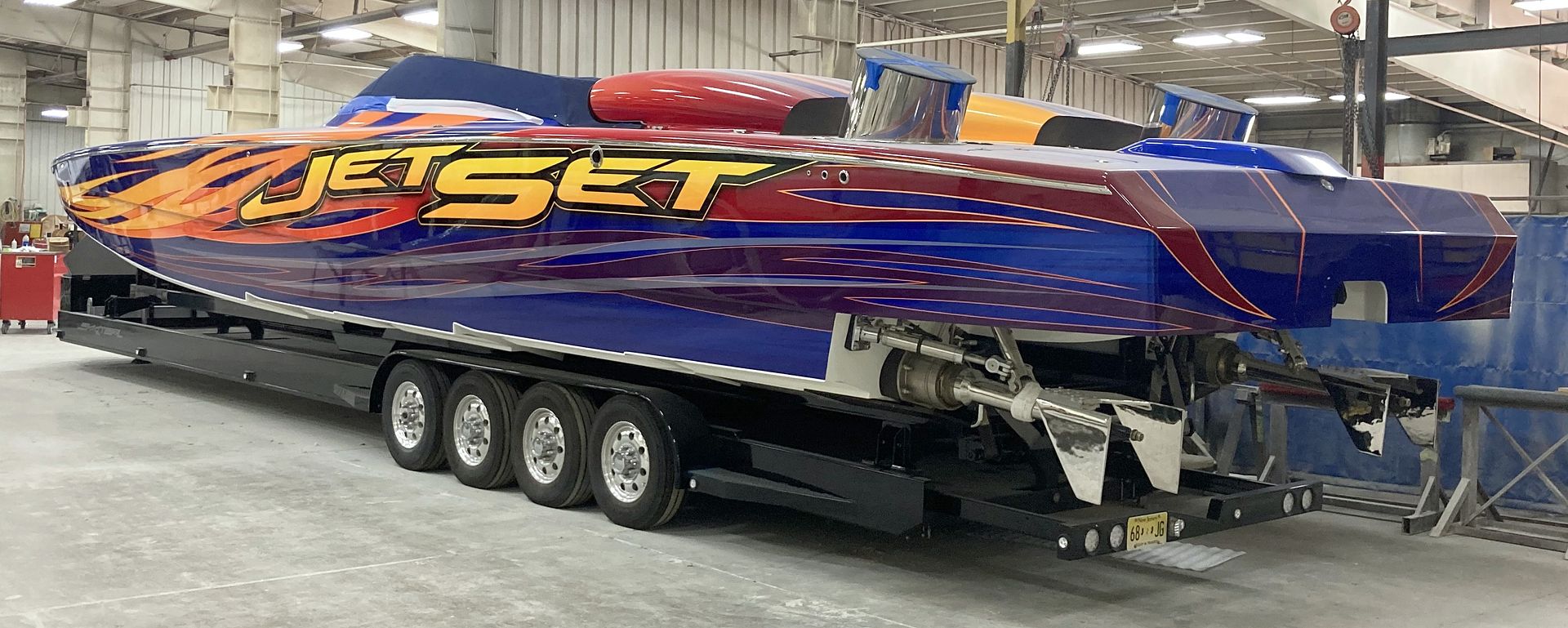Dude! Sweet!
Charter Member
Looking forward to my first season of offshore racing this year and I have some questions about the towing/salvage horror stories I've heard about over the years.
As I understand it, during races, Sea Tow and other salvage companies will, by their own accord, hawk the course waiting to throw a line on broken or skinking boats to claim salvage rights. They will then tow the boat, apparently whether the owner of the boat refueses the line or not, and charge astronomical amounts of money to return the boat to its owner. It has been a very long time since I studied any admirlty law, but I'm assuming that's the governing law in this case that affords the salvage company the right to do this.
So, I have a few questions about this.
1) Please correct my understanding if I'm mistaken about any of the above.
2) I was talking to a repo guy recently who told me he could be charged with kidnapping if he were to drive off with someone's car or boat while there were people on it. Conversely, he told me that when he repos boats on the water, he'll get on the boat and tell the owner that he doesn't want to be taken anywhere. If the owner moves the boat, the repo guy claimed he can press charges for kidnapping. BS or not? If not, how does Sea Tow get around this issue?
3) Do orgs generally offer towing for competitors other as part of the event participation (i.e. an authorized tow boat that doesn't claim salvage rights)?
4) If the race course is being held under permit, I'm assuming the race course is closed to non-race traffic. I would think that Sea Tow could be considered to be an unautorized tresspass onto the race course. How does this work?
5) If I'm under contract with Vessel Assist with unlimited towing, I'd assume that unless my contract excludes towing during racing events, I could still just refuse a tow from Sea Tow and call Vessel Assist. Is this correct?
I really appreciate any input or insight. I'm making some decisions right now about the cost/benefit of racing this season and preparing to race as well. I want to make sure I'm making educated decisions and also understand what I'm dealing with once out on course.
Thanks,
Sean
As I understand it, during races, Sea Tow and other salvage companies will, by their own accord, hawk the course waiting to throw a line on broken or skinking boats to claim salvage rights. They will then tow the boat, apparently whether the owner of the boat refueses the line or not, and charge astronomical amounts of money to return the boat to its owner. It has been a very long time since I studied any admirlty law, but I'm assuming that's the governing law in this case that affords the salvage company the right to do this.
So, I have a few questions about this.
1) Please correct my understanding if I'm mistaken about any of the above.
2) I was talking to a repo guy recently who told me he could be charged with kidnapping if he were to drive off with someone's car or boat while there were people on it. Conversely, he told me that when he repos boats on the water, he'll get on the boat and tell the owner that he doesn't want to be taken anywhere. If the owner moves the boat, the repo guy claimed he can press charges for kidnapping. BS or not? If not, how does Sea Tow get around this issue?
3) Do orgs generally offer towing for competitors other as part of the event participation (i.e. an authorized tow boat that doesn't claim salvage rights)?
4) If the race course is being held under permit, I'm assuming the race course is closed to non-race traffic. I would think that Sea Tow could be considered to be an unautorized tresspass onto the race course. How does this work?
5) If I'm under contract with Vessel Assist with unlimited towing, I'd assume that unless my contract excludes towing during racing events, I could still just refuse a tow from Sea Tow and call Vessel Assist. Is this correct?
I really appreciate any input or insight. I'm making some decisions right now about the cost/benefit of racing this season and preparing to race as well. I want to make sure I'm making educated decisions and also understand what I'm dealing with once out on course.
Thanks,
Sean
